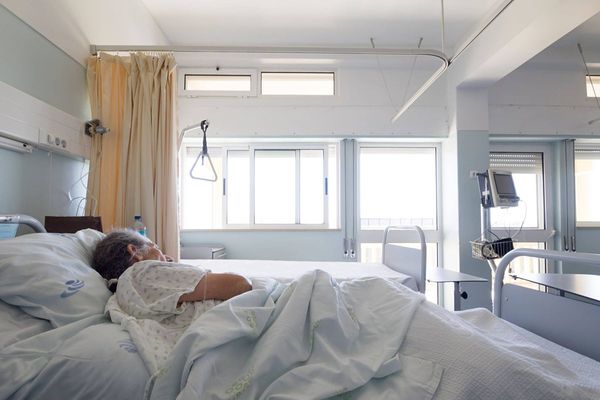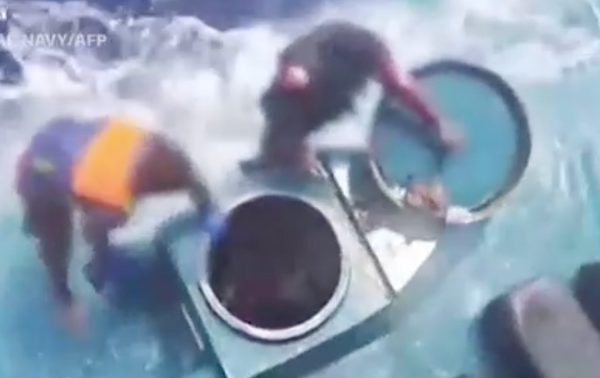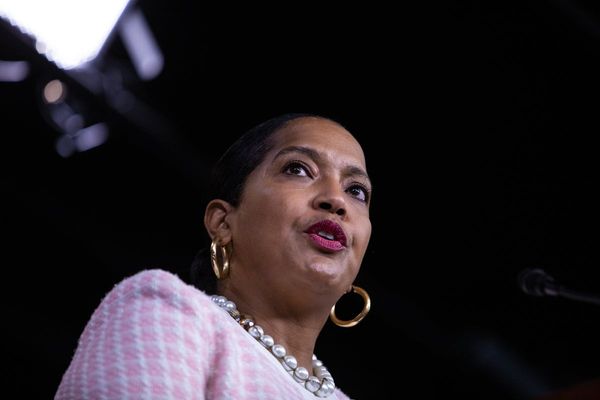
Ukraine’s supplies of spare parts for its battered electricity grid are running out amid sustained Russian bombing, and European companies are being asked to urgently donate surplus kit to help the country get through the winter.
There were power cuts lasting 48 hours or more across the country last week after a fresh wave of Russian missile attacks, the latest step in a wave of bombings targeting power plants and substations which route energy around the network.
The emergency response to get spare parts to Ukraine is being coordinated by Energy Community, an international energy organisation, to head off a concerted Russian attempt to fragment Ukraine’s grid “into small isolated units” by obliterating its electricity substations.
Although 37 shipments have already been organised it is unclear if enough kit is available to keep Ukraine’s lights on, prompting a call for more donations and heightened concern among the country’s western allies.
The warning came as ministers from Nato member countries met for a two-day meeting in Bucharest, Romania, where it is likely the 30-nation alliance will make fresh pledges of non-lethal support to Ukraine including fuel, generators, medical supplies and winter equipment, on top of new military support.
The US secretary of state, Antony Blinken, was expected to announce substantial US aid for Ukraine‘s energy grid, US officials said. Targeted Russian strikes have battered Ukraine‘s power infrastructure since early October in what western officials have described as a Russian attempt campaign to weaponise the coming winter cold.
The Nato secretary general, Jens Stoltenberg, said at the outset of the Bucharest meeting that Russia “is willing to use extreme brutality and leave Ukraine cold and dark this winter. So we must stay the course and help Ukraine prevail as a sovereign nation”.
Artur Lorkowski, the director of Energy Community, said the situation was critical in Ukraine. “They have some equipment which they stored before the war, but this storage is running out. The stored equipment will not to be enough continue the repair activities,” he added.
The “top priority” was transformers, Lorkowski said, used in substations “which are being intensively targeted by Russia” to “make the network not capable to transmit the output of [power] generation units for Ukraine”.
Russia had managed to “split the grid in two” in October and “then they are focusing on fragmentation on the grid into small isolated units,” the director added, so that it would no longer be possible to keep electricity on countrywide in the depths of winter.
On Tuesday, Ukrenergo, Ukraine’s national grid, warned that the country as a whole faced a 30% electricity shortage, which in turn affects other utilities at a time when temperatures in Kyiv range between 0 and -5C. Temperatures, however, can drop to -10C during winter, and below -20C on the coldest days.
The electricity crisis is causing increased concern among Ukraine’s allies. One western official said on Friday there was “a recognition of the need to step up help”, including with improved missile defence, while there was an anxiety about “the time it can sometimes take to repair and reconstitute energy generation”.
Lorkowski said he did not want to predict whether Ukraine’s electricity grid would get through the winter. “My heart is saying yes, they should survive,” but he added: “This is what my heart is saying, this is an unprecedented situation, never ever has a country experienced anything like that.”
Ukrainian officials say the country is desperate for generators to maintain power for services and buildings during power cuts. But some of the 12,000 items listed by Energy Community are non-specialist, including “cars, which are needed for the recovery brigades”.
Energy Community takes and interprets equipment requests from Ukrenergo, and tries to match them with companies with spare parts around Europe, including the UK.
It wants to widen the net beyond grid owners and power companies to construction firms and others who may have stocks of kit they are not necessarily aware of. Countries, led by G7 nations, are joining the effort in parallel.
A appeal to industry was sent in the middle of November by Grant Shapps, the UK business secretary, asking “each of us to redouble our efforts” in finding and donating equipment – while the UK donated £10m to a fund to help buy extra kit, some of which is specialised to post-Soviet standards.
The total in the fund is €32m (£27.6m), some of which will be used to try to pay for manufacturers to make or alter equipment so that it conforms to Ukraine’s post-Soviet standards. The country only switched over to join the European energy grid on 24 February, just as Russia invaded Ukraine.
Germany’s Federal Agency for Technical Relief, a government-controlled volunteering association, said it was planning to deliver a further 100 generators to Ukraine in the coming two weeks, on top of about 150 it has shipped to the country to date.
• This article was amended on 30 November 2022. An earlier version described Energy Community as a trade organisation. It is instead an international organisation dealing with the governments of the EU and its neighbours trying to create an integrated pan-European energy market.







